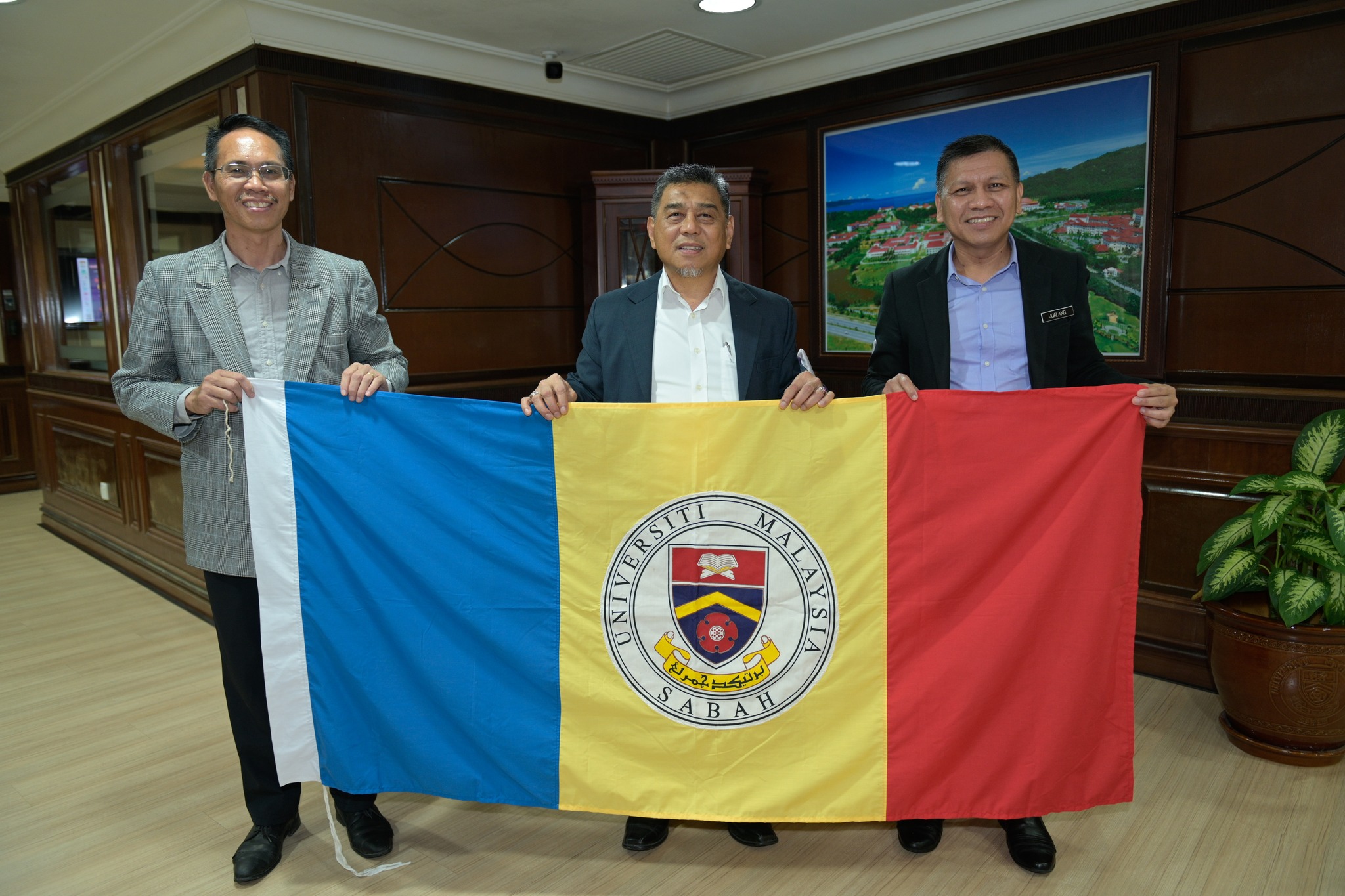 Atmospheric scientist Prof. Dr. Justin Sentian, from the Environmental Science Programme, Faculty of Science and Natural Resources, Universiti Malaysia Sabah (UMS) will be the first Malaysian scientist to carry out climate and atmospheric science research in Antarctica during the long winter season.
Atmospheric scientist Prof. Dr. Justin Sentian, from the Environmental Science Programme, Faculty of Science and Natural Resources, Universiti Malaysia Sabah (UMS) will be the first Malaysian scientist to carry out climate and atmospheric science research in Antarctica during the long winter season.
This is his second Antarctica research grant award from Sultan Mizan Antartic Research Foundation (YPASM) in collaboration with Santiago University, Chile.
This winter research grant award for three years (March 2023-February 2026) is for research entitled ‘Tropospheric Ozone and Halocarbons Variations in the Antarctic Peninsula Under Extreme Weather Conditions’.
According to Justin, he will be departing from Malaysia to Punta Arena on 19 March 2023 and will be at Professor Julio Escudero Base Station for six months before returning to Malaysia on 15 September 2023.
“The main objectives of the collaborative winter research expedition are to characterise surface ozone and halocarbon concentrations variability under extreme winter weather conditions over the Antarctic Peninsula.
“In addition, the roles of bromocarbons (bromine compounds) and extreme winter weather conditions in surface ozone chemistry will also be investigated. In this study, the source of halocarbon (bromine compounds) in snow, sea ice, and air during the Antarctic winter will be investigated.
“To further investigate the role of biogeochemical cycles of bromocarbons and to understand the burden of atmospheric bromine and its roles on surface ozone
variability and ozone chemistry during polar winter, a climate-chemistry model will be employed,“ he said.
Justin added, the research output will certainly enhance understanding of surface ozone variability under extreme weather condition as well as identification of possible sources of bromocarbons, which is thought to be affecting the polar surface ozone chemistry and variability.
“Tropospheric ozone, a secondary pollutant as well as an important greenhouse gas, is generally understood to be generated largely from photochemistry reactions. However, surface ozone concentrations over Antarctica display an obvious seasonal variation with high concentrations in winter and low in summer and was thought that halogens (bromocarbons) were involved,” he said.
Recently, the unexpected new source of bromocarbons in sea ice, snow, and air during the Antarctic winter have revealed, and if they are found to be significant sources, it has crucial implications for atmospheric chemistry and climate at a hemispheric scale.
The future tropospheric ozone in the polar region is therefore relevant and very crucial to the global climate, as tropospheric ozone is considered an important greenhouse gas.
“This research will significantly contribute to the global community’s ongoing efforts towards understanding the potential sources and chemistry of tropospheric ozone under future climate scenarios, and the influence of halocarbons emissions on tropospheric ozone chemistry and variability.
“Under changing climate scenarios and its effect on ozone chemistry can be further evaluated for future ozone budgets and global climate projections,” Justin said



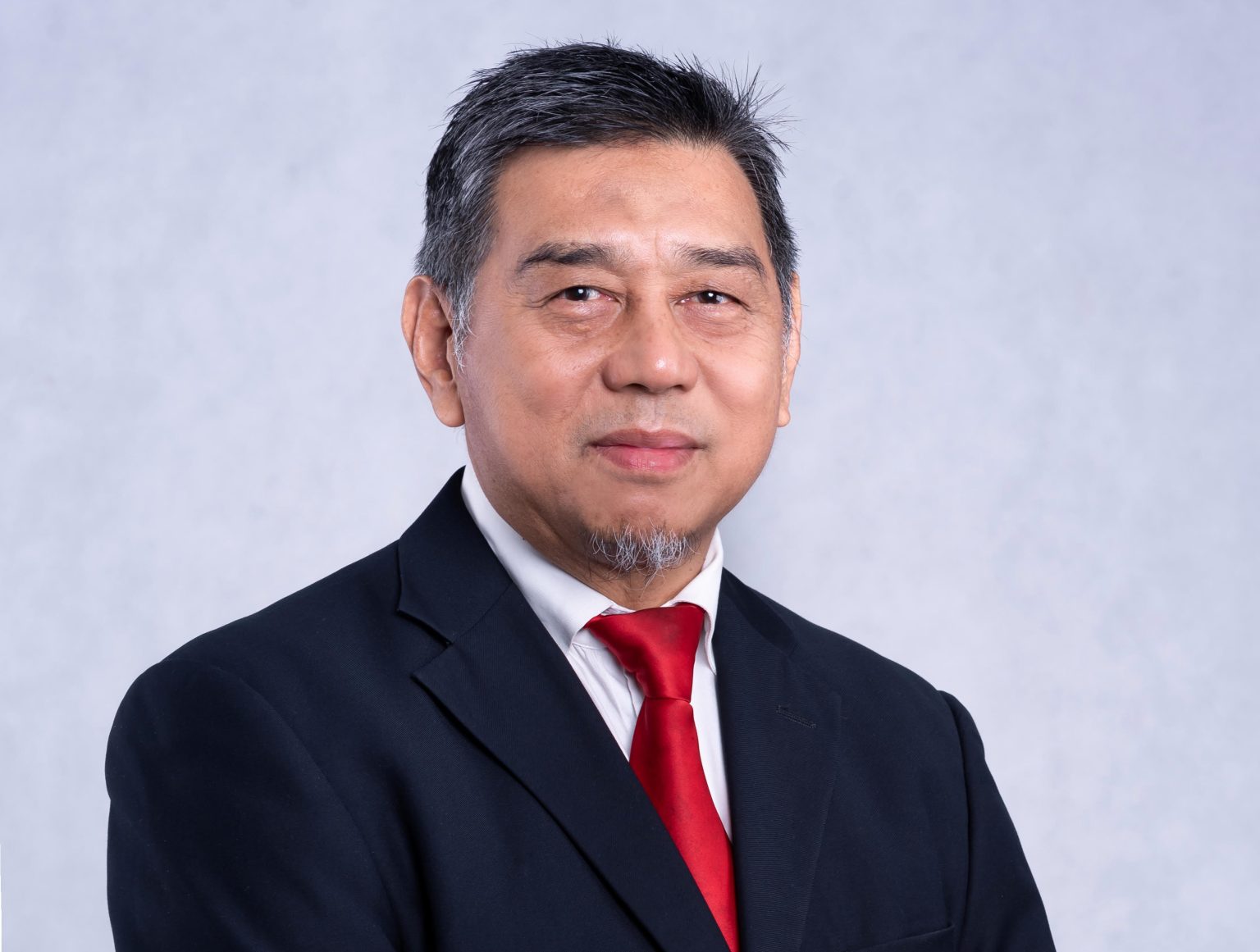 Universiti Malaysia Sabah (UMS) is allocating RM350,000 to overcome the serious water supply problem on the university campus.
Universiti Malaysia Sabah (UMS) is allocating RM350,000 to overcome the serious water supply problem on the university campus.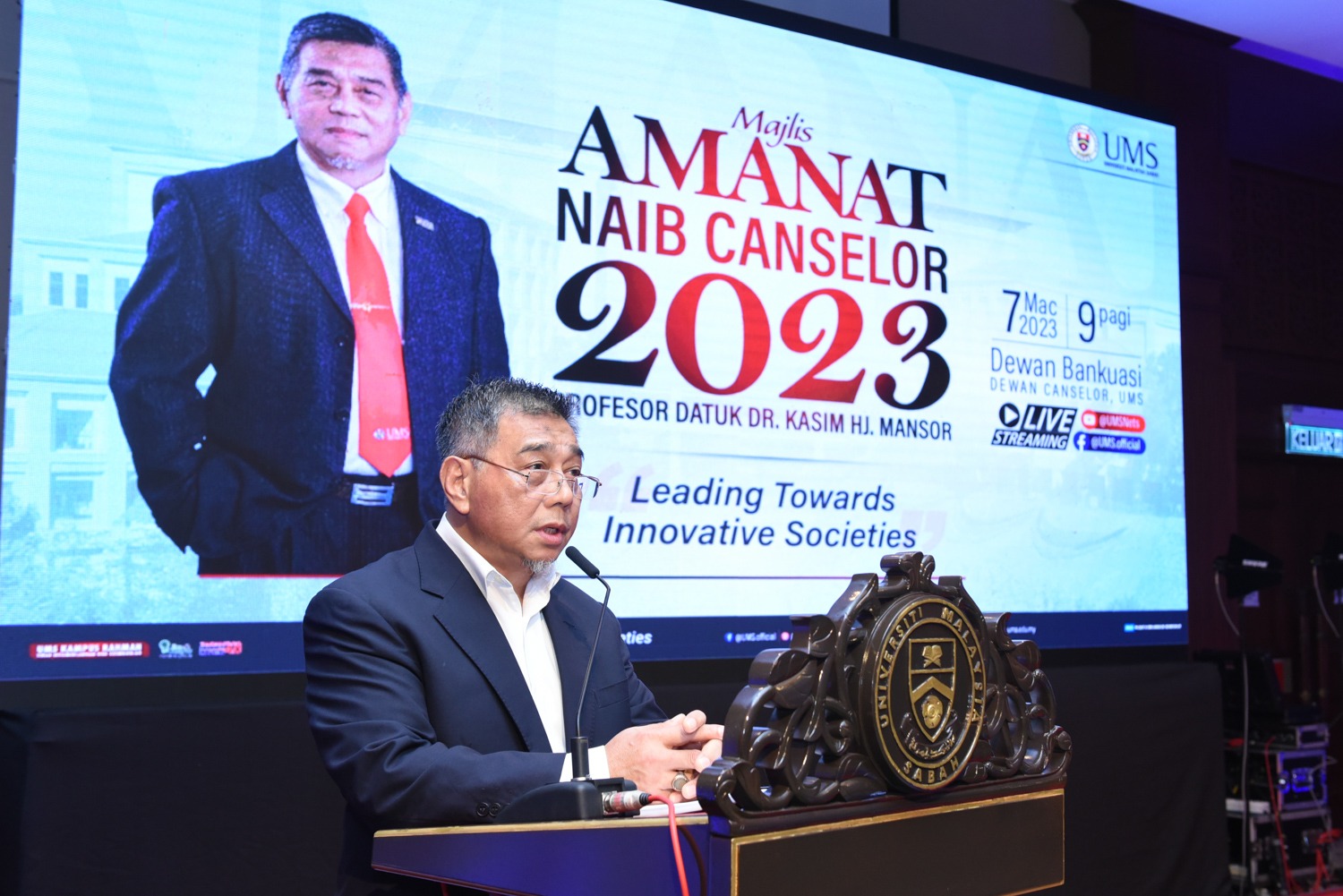 Universiti Malaysia Sabah (UMS) will implement the Student Empowerment Agenda starting 2023 involving four activities.
Universiti Malaysia Sabah (UMS) will implement the Student Empowerment Agenda starting 2023 involving four activities.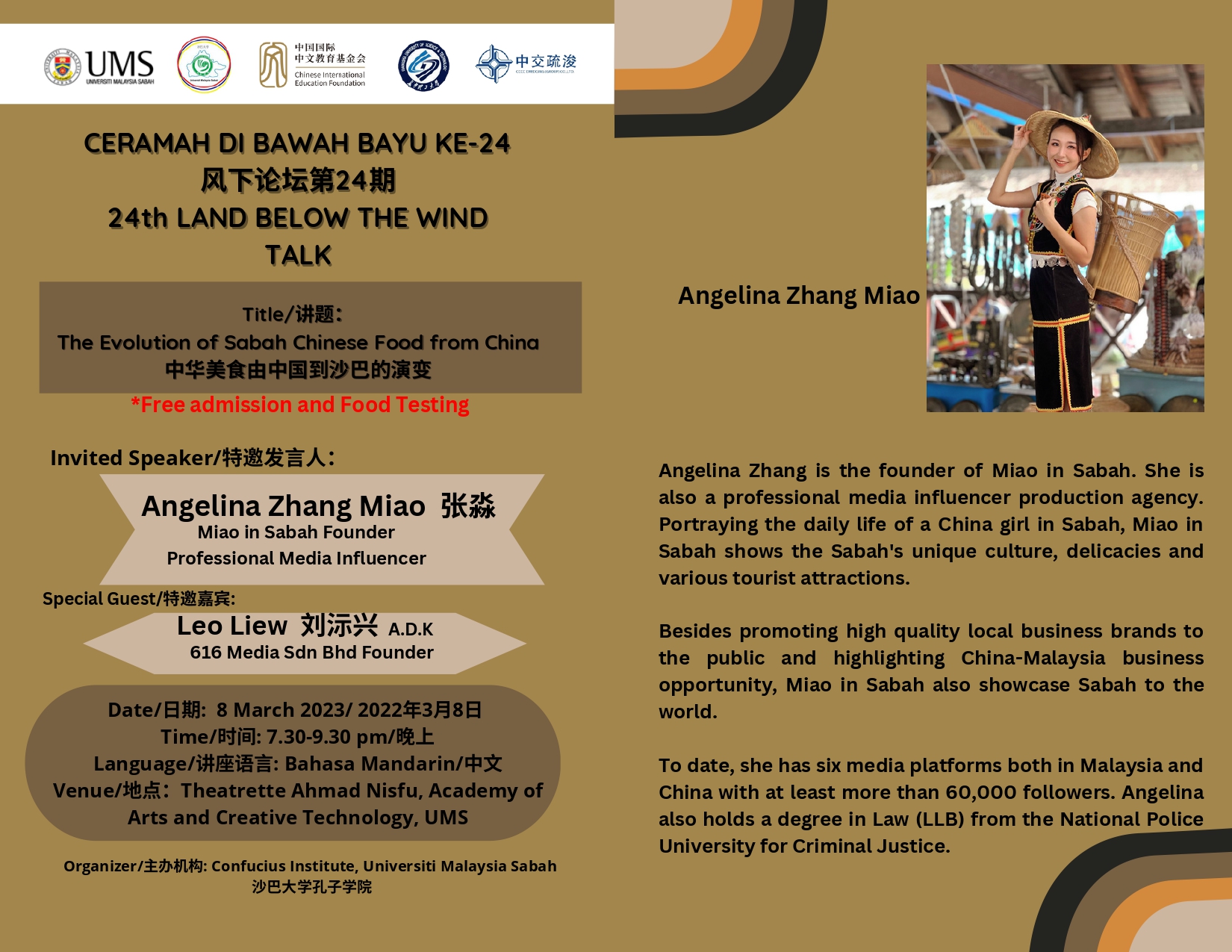 The Confucius Institute at Universiti Malaysia Sabah (UMS) will organize its 24th Land Below the Wind Talk on 8 March 2023 at Theatrette Ahmad Nisfu, Academy of Arts and Creative Technology, UMS.
The Confucius Institute at Universiti Malaysia Sabah (UMS) will organize its 24th Land Below the Wind Talk on 8 March 2023 at Theatrette Ahmad Nisfu, Academy of Arts and Creative Technology, UMS.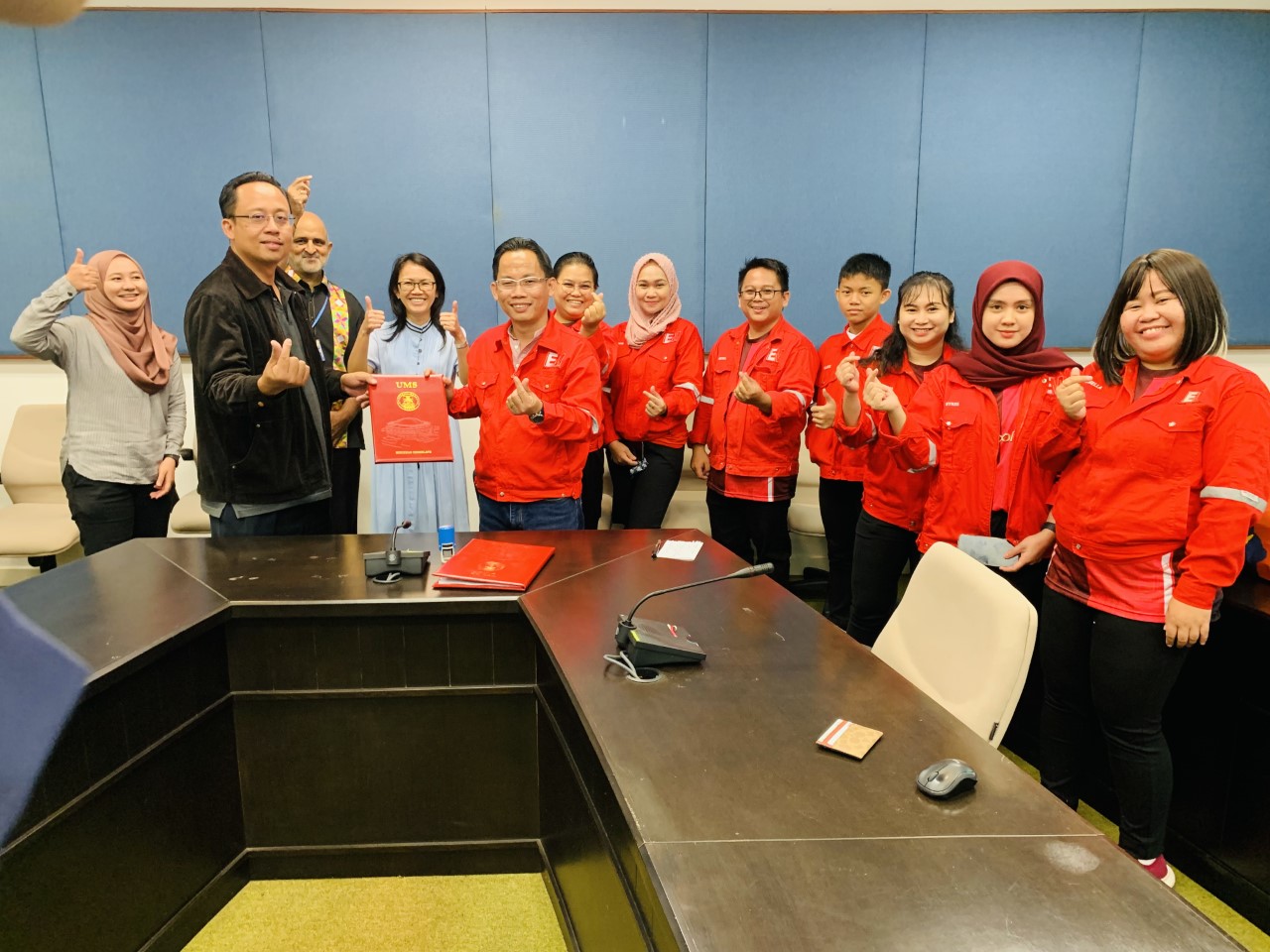 A collaborative research between Universiti Malaysia Sabah (UMS) and an oil and gas company will look into the possibility of providing clean water for people in the interior of Sabah.
A collaborative research between Universiti Malaysia Sabah (UMS) and an oil and gas company will look into the possibility of providing clean water for people in the interior of Sabah.